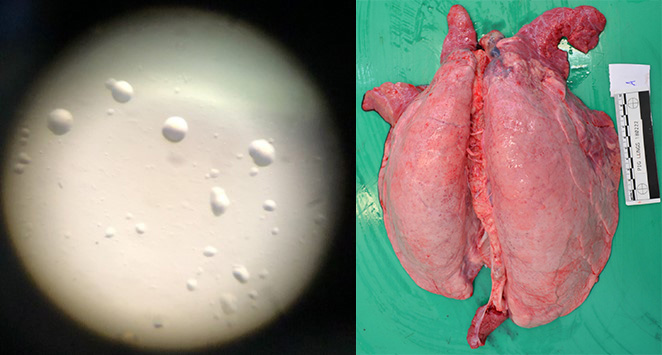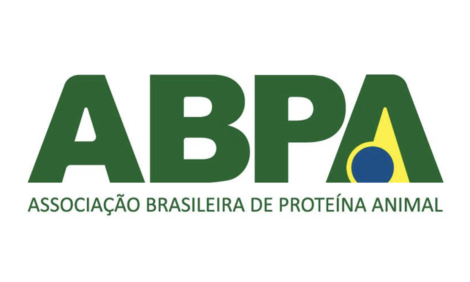



RVC receives funding to strengthen research into livestock disease
The research will focus on pigsResearchers at the Royal Veterinary College (RVC) have been awarded funding by the Department for Environment, Food and Rural Affairs (Defra) and the Biotechnology and Biological Sciences Research Council (BBSRC) to continue their studies into Enzootic pneumonia, the most common respiratory disease in pigs, according to a press release issued by the college.
The research will specifically focus on Mycoplasma hyopneumoniae (M.hyop), the causative agent of the disease, and aim to progress vaccine development.
M.hyop is present in 80% of UK pig herds, which can result in a 16% reduction of growth and a 14% reduction in feed conversion in pigs. This therefore, is not only a welfare issue for pigs but can significantly increase production costs for farmers. Additionally, piglets are considered free from M.hyop at birth and with close contact between infected and susceptible pigs the main route of transmission is often during lactation when piglets are first exposed. This places piglets under enormous risk of developing the respiratory disease as well as infection from secondary pathogens.

Unfortunately, there are currently no commercial vaccines available that would prevent initial infection, and while M.hyop is susceptible to a variety of antibiotics, their use needs to be reduced to avoid overuse and the occurrence of multi-drug resistant strains.
Therefore, a priority for the team of RVC researchers, including professor Dirk Werling, Rob Noad and Sonja Jeckel, will be developing new vaccines that confer protective immunity and reduce transmission. The team will also research the optimisation of protocols to eliminate M.hyop from pig herds in an effort to further minimise potential transmission.
Building on previous BBSRC and Agriculture and Horticulture Development Board-funded work, which identified the genes that are essential for the survival of the pathogen in pigs and isolated strains of bacteria from UK pigs, this new research project will discover the bacterial genes that are necessary for disease as a basis for the development of better vaccines to prevent the circulation of Enzootic pneumonia.
“Infection of Mycoplasma hyopneumoniae is a really debilitating disease in pigs that causes huge economic losses for farmers," said Werling, professor of molecular immunology at the RVC. "I am very pleased that we will be able to continue working with a pharmaceutical partner to develop a new vaccine using state-of the-art technologies."







